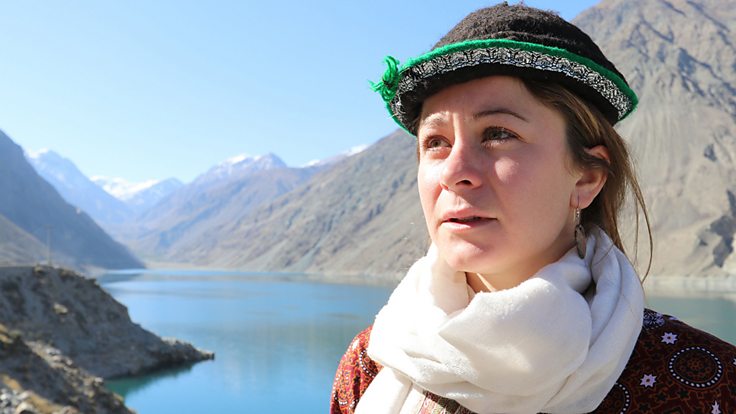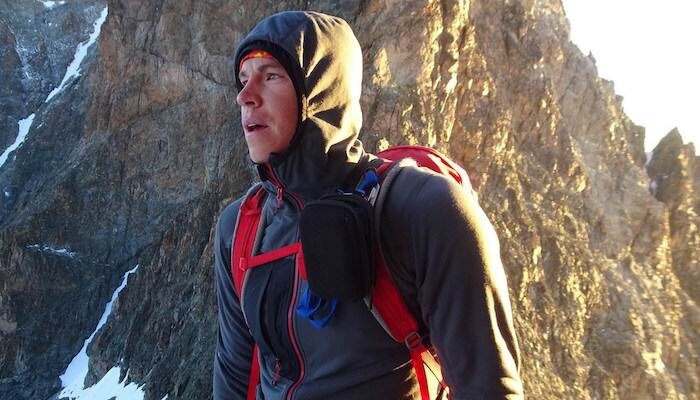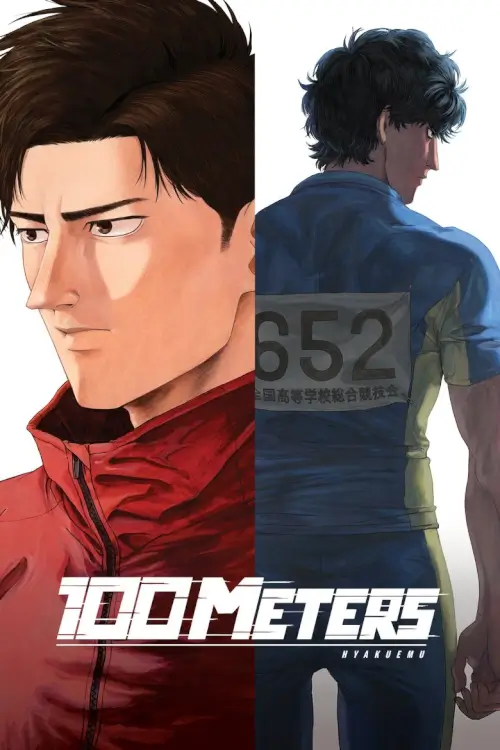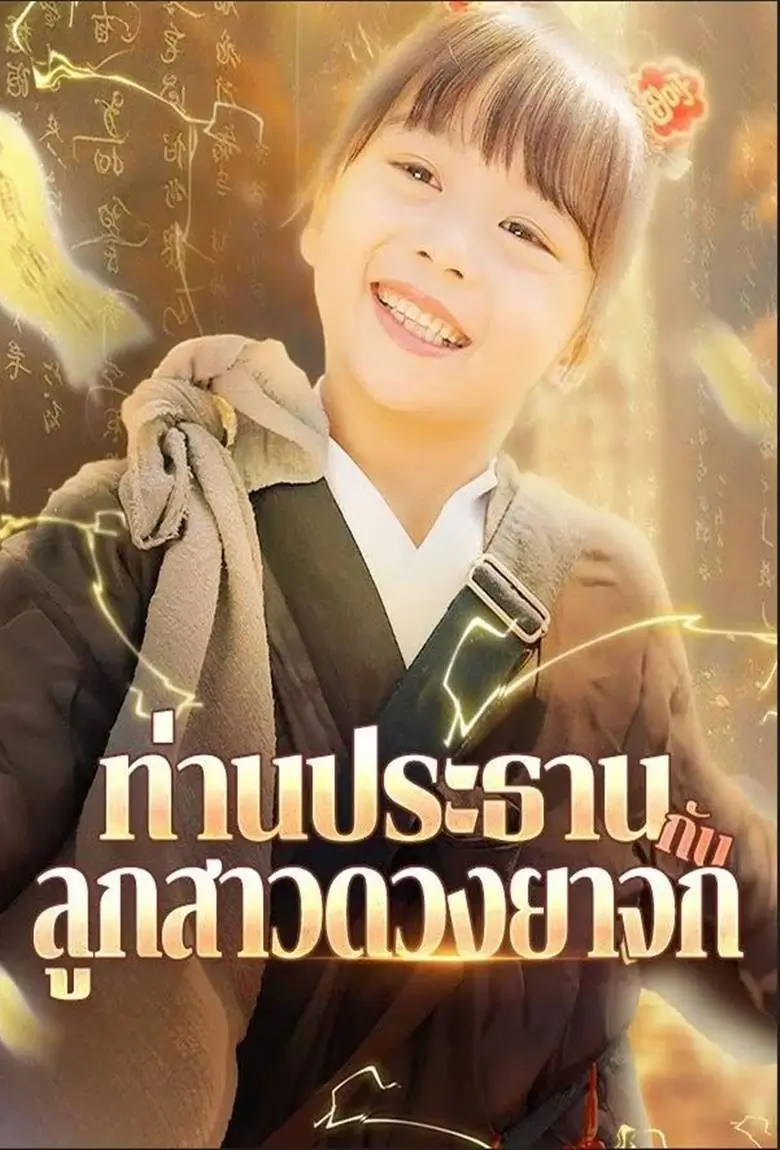The Last Mountain (2021) [บรรยายไทย]
![The Last Mountain (2021) [บรรยายไทย]](https://nungdeedee.com/uploads/images/x1xxmnyf20gsc8oogk.jpg)

หมวดหมู่ : หนังสารคดี
เรื่องย่อ : The Last Mountain (2021) [บรรยายไทย]
ชื่อภาพยนตร์ : The Last Mountain
แนว/ประเภท : Documentary
ผู้กำกับภาพยนตร์ : Christopher Terrill
บทภาพยนตร์ : -
นักแสดง : -
วันที่ออกฉาย : 26 September 2021
เรื่องราวที่ยากจะลืมเลือนของทอม บัลลาร์ด นักปีนเขาวัย 30 ปีที่หายตัวไปบนภูเขานักฆ่าที่ชื่อว่า Nanga Parbat ในปี 2019

IMDB : tt15509560
คะแนน : 7.5
รับชม : 938 ครั้ง
เล่น : 235 ครั้ง
Afigure in green walks towards the summit of Mount Everest. There’s the elemental clamour of winds buffeting a range stretching across 1,500 miles and five countries. Snow spins lightly. Clouds roll like giant tumbleweeds over the peaks. “This is the most fantastic day of my life. Over,” the figure announces breathlessly as she approaches the top of the world.
This is how Chris Terrill’s haunting feature-length documentary The Last Mountain (BBC Two) opens. We see archive footage of the moment on 13 May 1995, when Alison Hargreaves became the first woman to reach the top of the 8,849m (29,031ft) mountain without bottled oxygen or Sherpas carrying her gear. However you feel about the brief, vexed history of the human (mostly male, western, white) obsession with conquering the world’s apexes, it’s astonishing to witness. I haven’t stopped thinking about The Last Mountain since I watched it. Or Googling the Mummery Spur on Nanga Parbat, also known as Killer Mountain. But I’ll come back to that.

Three months later, Hargreaves did it again, reaching the summit of K2 on 13 August. It was to be her final ascent. Hours later, she and five others died when they were engulfed by a storm. She was 33 years old. Back home in Fort William, her husband, Jim Ballard, had to tell their children, then four and six. Jim recalls 25 years later that Kate “cried and shouted”, and Tom asked if he could go and see “Mum’s last mountain”. Unbelievably they did, and Terrill went with them. Their grief-stricken expedition to K2’s base camp formed the backbone of Terrill’s first documentary about this extraordinary family of adventurers. Footage from it, such as the heartbreaking moment when Tom sees a wisp of cloud caressing K2’s tip and asks his dad “is that Mummy?”, reappears here.
Except this time the subject is the life and death of that very boy, Tom Ballard, who became a climber as gifted and committed as his mother and died at almost the same age as she did on a mountain, Nanga Parbat, 100 miles from where her body lies forever encased in ice. His body was never recovered either. So there are two documentaries embedded in Terrill’s beautiful film, two journeys, and two last mountains.
Six months later, Terrill films Kate, also a climber, as she makes another trip to Pakistan, this time to pay her respects to her brother. To walk where Tom walked, see what he saw, and be close to where he died. In one of the most moving moments, she is reunited en route with “Big Ibrahim”, the porter who carried her on his back 25 years ago and will now accompany her to Nanga Parbat’s base camp. As soon as they see each other they burst into tears. So did I.
The film is intimate but never heavy-handed. We are permitted to see the moment when Jim takes the call from Kate telling him a rescue helicopter has spotted the bodies of Tom and his climbing partner, Daniele Nardi. Nardi, we learn, was obsessed with reaching the summit via a never-completed route plagued by serac (falling blocks of glacial ice) and up to five avalanches a day in winter, known as the Mummery Spur. It’s sensitively suggested that Nardi may have got inside Tom’s head because attempting a climb this treacherous was out of character for him. “It’s best not to go to that place,” says veteran mountaineer Reinhold Messner, whose brother died on the Mummery Spur in 1970. “But everyone has the right to choose where they kill themselves."

There are as many ways to tell this story as there are routes up a mountain. Terrill doesn’t touch on the media frenzy that followed Hargreaves’ death when she instantly went from national hero to reckless mother who chose to abandon her children: a backlash no male mountaineer ever had to endure. He doesn’t explore the grim commercialisation of Everest, or the colonial history. This is a film about climbers, and the best footage is of Tom Ballard doing what he did best. Thriving in conditions that would break most of us in moments. “When I’m climbing I become a part of the mountain and it becomes a part of me,” he says. “I’m a moving rock or piece of ice.” The Last Mountain has a purity and simplicity that is somehow in keeping with the philosophy of its subjects. It’s a film about the inarticulacy of grief and the magnetic pull of the mountains.













